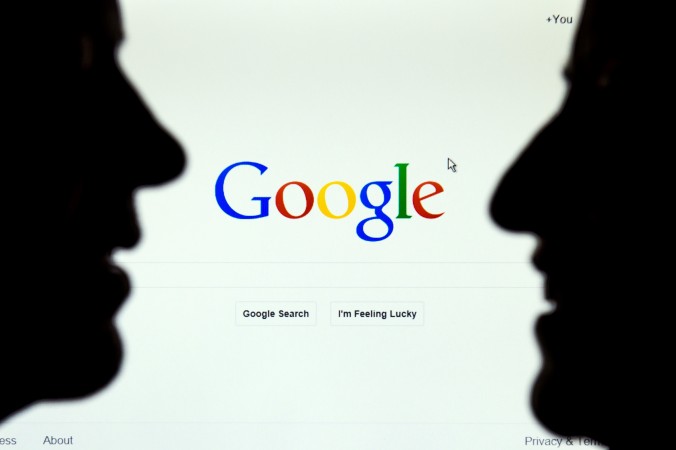-
Tips for becoming a good boxer - November 6, 2020
-
7 expert tips for making your hens night a memorable one - November 6, 2020
-
5 reasons to host your Christmas party on a cruise boat - November 6, 2020
-
What to do when you’re charged with a crime - November 6, 2020
-
Should you get one or multiple dogs? Here’s all you need to know - November 3, 2020
-
A Guide: How to Build Your Very Own Magic Mirror - February 14, 2019
-
Our Top Inspirational Baseball Stars - November 24, 2018
-
Five Tech Tools That Will Help You Turn Your Blog into a Business - November 24, 2018
-
How to Indulge on Vacation without Expanding Your Waist - November 9, 2018
-
5 Strategies for Businesses to Appeal to Today’s Increasingly Mobile-Crazed Customers - November 9, 2018
France Rejects Google Appeal on Cleaning Up Search Results Globally
The right to be forgotten isn’t about erasing such traces altogether-in the Spanish case, the courts ruled that the newspaper should not delete the original announcement-but merely about making them harder to find.
Advertisement
The CJEU recognized the right to be forgotten in May 2014, allowing people to ask search engines to not display certain links resulting from a search on their name.
Thousands of requests have been made of Google under the “right to be forgotten” ruling since it was handed down past year .
Google on Monday reiterated that it doesn’t believe the French regulator has the authority to expand the scope of the rule.
It said the step was needed because data unavailable to European searchers was still discoverable via other Google domains that were accessible from Europe.
France’s data protection watchdog rejected Monday an appeal by Google against a decision ordering the Internet giant to comply with users’ requests to have information about them removed from all search results.
However, it continued to display the disputed links in response to searches performed on google.com, giving anyone who wanted uncensored search results an easy way around the court ruling. CNIL also rejected Google’s accusation that it was going beyond its jurisdiction.
In July, Peter Fleischer, Google’s global privacy counsel, called France’s request to clean up global results “troubling” and said it could risk “serious chilling effects on the web”. “It simply requests full observance of European legislation by non European players offering their services in Europe”. But until now, this order could be circumvented by searching on worldwide versions of the search engines.
Google says it has received 318,269 requests for removal, and delisted about 40 percent of the URLs that it evaluated as part of the requests.
Google has a history of legal woes in Europe where concerns are high over its use of private data.
Google has no further right to appeal the order at this stage under French law. Fines would likely start at around €300,000 ($336,000) but could increase to between 2-5% of Google’s global operating costs.
Advertisement
“But as a matter of principle, we respectfully disagree with the idea that a single national Data Protection Authority should determine which webpages people in other countries can access via search engines”, said a spokesman for the company.





























